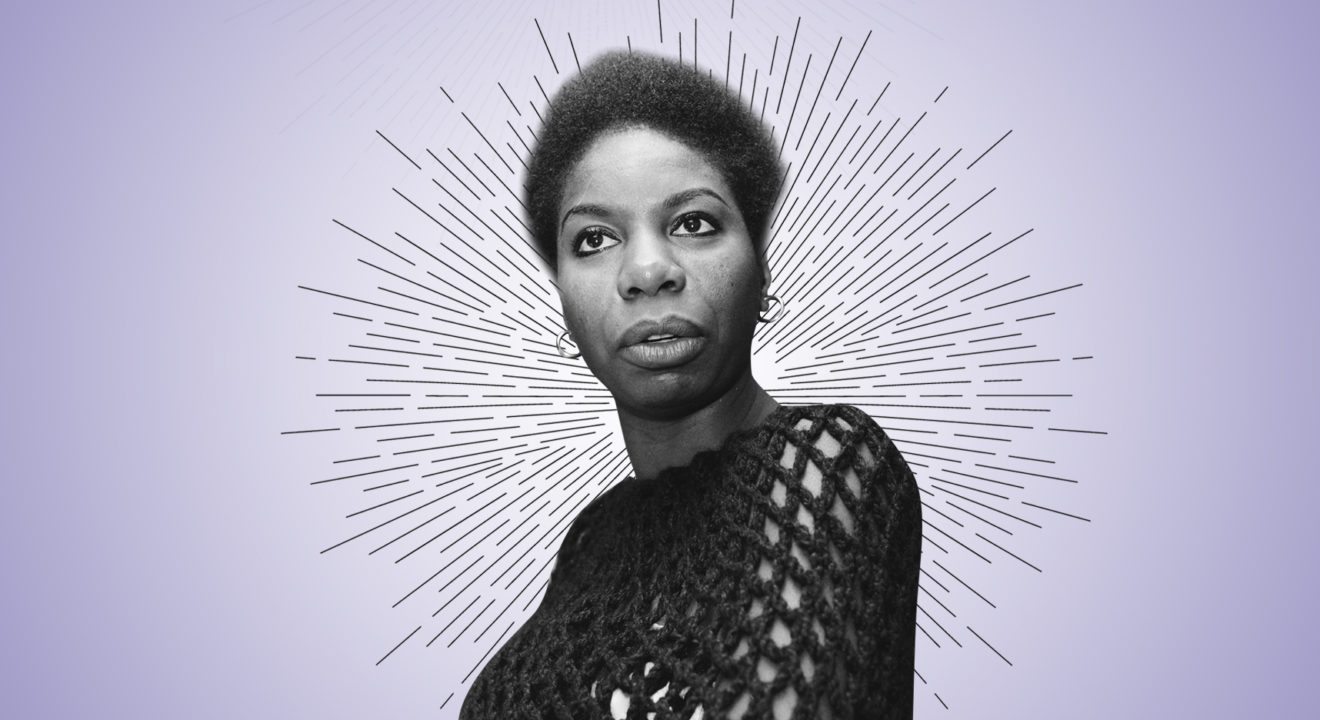Inspiration December 24, 2016


In our ongoing series, #WomenThatDid, ENTITY profiles inspirational and famous women in history whose impact on our world can still be felt today. If you have a suggestion for a historical powerhouse you would like to see featured, tweet us with the hashtag #WomenThatDid.
Name: Nina Simone
Lifetime: February 21, 1933 – April 21, 2003
What she is known for: Nina Simone was an American singer, songwriter, pianist, arranger and civil rights activist who crossed classical, jazz, blues, R&B, gospel and pop genres. From a young age she aspired to be a convert pianist and enrolled at Julliard to study.
Why we love her: Born Eunice Kathleen Waymon, she changed her name to Nina Simone when she began to play in clubs professionally. Between 1958 and 1974 she recorded more than 40 albums. Her debut album, “Little Girl Blue,” was later covered by Janis Joplin.
While singing in clubs, she sang a mixture of jazz, blues and classical music, which earned her a small but loyal fan base. As Simone became more famous she ventured into the pop genre, but only to continue her classical music studies. She said, “I spent many years pursuing excellence, because that is what classical music is all about… Now it was dedicated to freedom, and that was far more important.”
She often addressed her African-American roots in her music, but her 1964 album “Nina Simone in Concert” was the first time she openly addressed racial inequality. Her song “Mississippi Goddamn” was a response to the murder of Medgar Evers and the bombing of the 16th street Baptist Church in Birmingham, Alabama.
Because of this, many southern states boycotted the song. After this, civil rhetoric became commonplace in her music. Throughout her later years she recorded music sporadically, but still claimed the title “High Priestess of Soul.”
Fun fact: At the age of 12, Simone gave her first concert in a church. When her parents were forced out of their front row seats to make way for a white family, she refused to play until they were given their seats back. She cited this incident as to why she would later join the civil rights movement.
READ MORE: #WomenThatDo: Alison Krauss